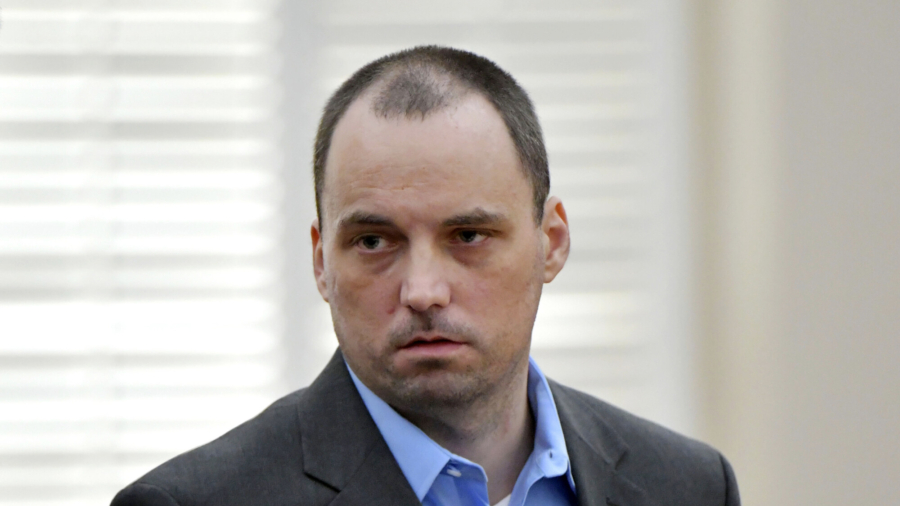FITZGERALD, Ga.—Two weeks after a jury acquitted a south Georgia man of murdering a teacher in 2005—but convicted him of a lesser charge—the man was indicted on new charges in a neighboring county.
A grand jury on Friday indicted Ryan Duke on six counts including concealing a death, hindering apprehension of a criminal, concealing facts, and evidence tampering in the death of Tara Grinstead of Ocilla.
Grinstead vanished in 2005 and her disappearance from Irwin County remained a mystery for more than a decade until Duke’s 2017 confession.
But during a trial last month, Duke testified that his confession was false. Defense attorney John Merchant told jurors a friend, Bo Dukes, instead killed Grinstead. Dukes was convicted in 2019 of helping move and burn Grinstead’s body but was never charged with murder.
Duke said Dukes woke him up at the mobile home where they lived together in 2005 and said he had killed Grinstead and showed Duke the teacher’s purse and wallet. Duke testified that he lied to investigators because Dukes had already killed one person and he was afraid.

Duke was acquitted of murder but found guilty of concealing a death in the Irwin County trial and sentenced to a total of 10 years in prison. Having already served five years in jail, Duke could serve five more years.
The new charges could add much more time onto Duke’s sentence. Building off his testimony at trial, he’s accused of concealing Grinstead’s body, moving her body, burning the body in the pecan orchard to keep officials from arresting Dukes, and not telling officials where the remains were.
Dukes was found guilty by jurors in 2019 of lying to the Georgia Bureau of Investigation, hindering the arrest of Duke, and concealing Grinstead’s death. He told ultimately told investigators that Duke confessed to him that Duke had strangled Grinstead and had used Dukes’ pickup truck to move the body. Dukes said Duke took him to a pecan orchard, showed him Grinstead’s body lying in tall grass, and the two burned the body for two days until “it looked like it was all ash.”
Dukes is serving a 25-year-prison sentence. He has not been charged with murder.

While Duke was previously charged in Irwin County, Friday’s indictments were issued in Ben Hill County, which neighbors Irwin County to the north.
Dukes also faces additional concealment charges issued earlier in Ben Hill County. His previous trial was in Wilcox County, where he was interviewed by GBI agents.
Grinstead was last seen leaving an evening cookout in rural south Georgia. A history teacher and former beauty queen, Grinstead was 30 when she disappeared.
Duke led investigators to the pecan grove owned by Dukes’ uncle in Ben Hill County where he said the two burned Grinstead’s body. Investigators recovered bone fragments, which prosecution witnesses at trial said was consistent with one adult. However, DNA analysis was inconclusive.
A latex glove found in the front yard of Grinstead’s home contained her DNA, that of Duke, and a third person who could not be conclusively identified.
Mercer University Law Professor David Oedel told WMAZ-TV earlier this week, before Duke was indicted again, that Dukes may be able to argue that he’s facing double jeopardy—illegally being charged twice for the same crime.
“It’s a question of how much you view the different indictments, the different charges as overlapping,” Oedel said.

